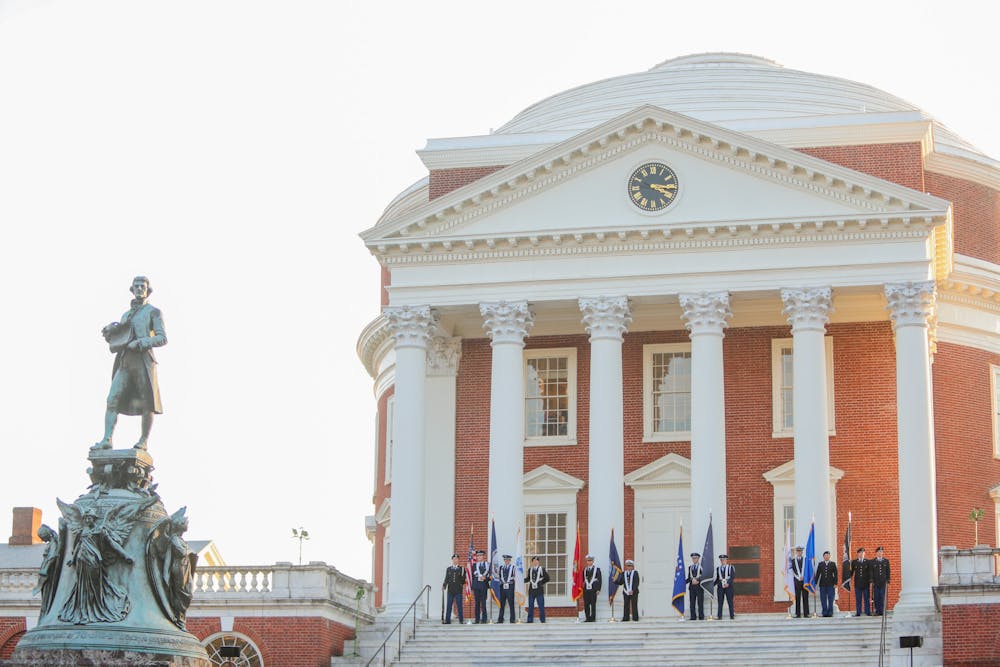A new politics course offered for the first time this spring, titled “Everything You Should Know About U.S. Politics,” combines a unique course format — no teaching assistants, no essays and several guest speakers — with a broad but useful topic. The 3000-level course, which answers key questions like “Why doesn’t everyone vote?,” will teach students about various aspects of the American political system.
Politics Prof. Jennifer Lawless says she hopes students will learn how to be informed citizens and be engaged in politics in this course.
“I want [students] to know where to find good political information, how to read and assess polls, how to read a newspaper article or scroll through their social media and know what to believe,” Lawless said.
Lawless is the co-author of “American Politics: A Field Guide,” a textbook that answers 48 questions about today’s political landscape. The textbook will be the primary guide for the class alongside political science readings, podcast episodes and guest speakers.
Some guest speakers are being brought in to answer specific questions the course will explore. After industry misses in 2016 and 2020, trust in the polling process has declined and many question whether polling is a reliable method for predicting election results. To address these concerns, the class will hear from pollsters who have worked for each major party, including Democratic pollster Anna Greenberg and Republican pollster Glen Bolger.
Students will also have the unique opportunity to hear from Paul Begala, a former advisor to President Bill Clinton, and Karl Rove, former senior advisor and deputy chief of staff to President George W. Bush, who will both speak to the class virtually to share stories of their experiences in American politics.
Other speakers slated to appear include experts in redistricting, who will lead discussions about fair congressional and legislative maps.
Second-year College student Bacheler Burt — who is enrolled in the class — says the opportunity to hear from guest speakers in both parties interests him the most.
“I’m also excited that we’re going to have a bunch of different speakers who all have different viewpoints,” Burt said. “Hearing every voice is important.”
The class will be taught in a large lecture format with no discussion sections. Lawless says this will enable students to engage with politics in the real-world and share their experiences in a class discussion thread, which will also be how class participation is measured.
“Instead of a section each week, I want students to attend a webinar, or volunteer for a candidate, or go to some workshop or see a guest speaker that's not on the syllabus and learn more about US politics,” Lawless said.
These experiences will be aggregated in an online class “selfie wall,” to show off students’ political engagement through the photos they take at each event.
Lawless says that anyone can learn from this course, not just those who are unfamiliar with politics.
“The nice thing about the class is that I assume [students have] no knowledge but [the course] is still going to be sufficiently interesting and challenging, that even the students who say they know everything about politics will come in and learn something every class session,” Lawless said.
Though many politics classes are essay based, students in this class will instead have their grades determined by exams, quizzes and class participation. Due to the class not having discussion sections or long essays to grade, there will be no teaching assistants, a rarity for larger politics classes.
The class currently has nearly 200 seats available and meets Tuesdays and Thursdays from 12:30 p.m. to 1:45 p.m. Students may add classes until the Jan. 31 deadline.





